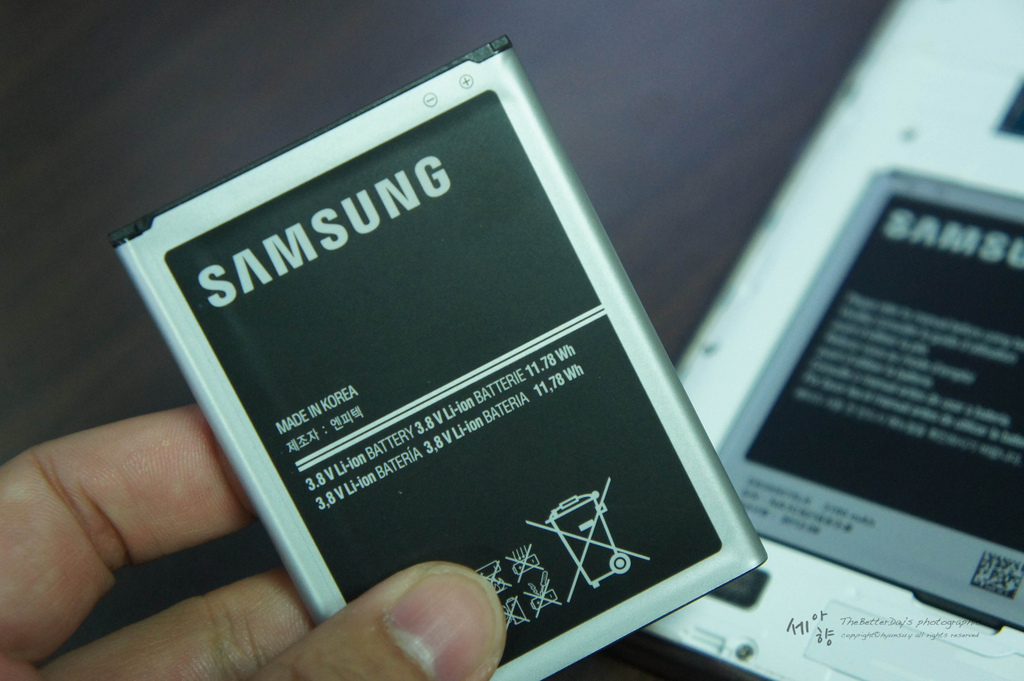Lithium-ion batteries are used to power more devices than you could care to keep count of and largely they’ve been very efficient, save for some malfunctions such as the Tesla car fire or with something a little simpler like your laptop overheating.
Researchers at the University of North Carolina at Chapel Hill are hoping to address the heating issue of lithium-ion batteries in mobile devices with the goal of making them much safer for heftier tasks like powering a car. If battery technology stays as it is for electric vehicles, there may be a serious safety hazard afoot.
“Almost all of the commercial batteries that we currently see on the market include an electrolyte that is composed of organic, flammable liquids,” says Dominica Wong, a graduate student at UNC. “There’s a reason for that: they perform the best in terms of facilitating the movement of lithium ions between electrodes.”
The greater demand for batteries is leading to great expansion on the technology, which is what UNC chemist Joseph DeSimone and researchers are attempting to do with a non-flammable lithium-ion battery by replacing the electrolyte with perfluoropolyether-based polymers (PFPEs).
PFPEs are compatible with lithium salts, which make them viable as a battery without the risk of combustion. Typically PFPEs are used in heavy machinery as a lubricant.
At the moment, the discovery remains just at research stage with more work ahead before scaling the technology for commercial purposes. Meanwhile, the DeSimone research group is collaborating with Nitash Balsara, Chemical and Biomolecular Engineering professor at the University of California, Berkeley, on battery prototypes that retain more energy.
“The big future for us is moving into lithium-air batteries,” said DeSimone. “They are one of the few things on the horizon that could really increase power capacity and performance.”
Lithium-air batteries use an oxygen and lithium reaction to produce a current flow, unlike prior lithium-ion batteries that rely on conventional positive electrodes.








